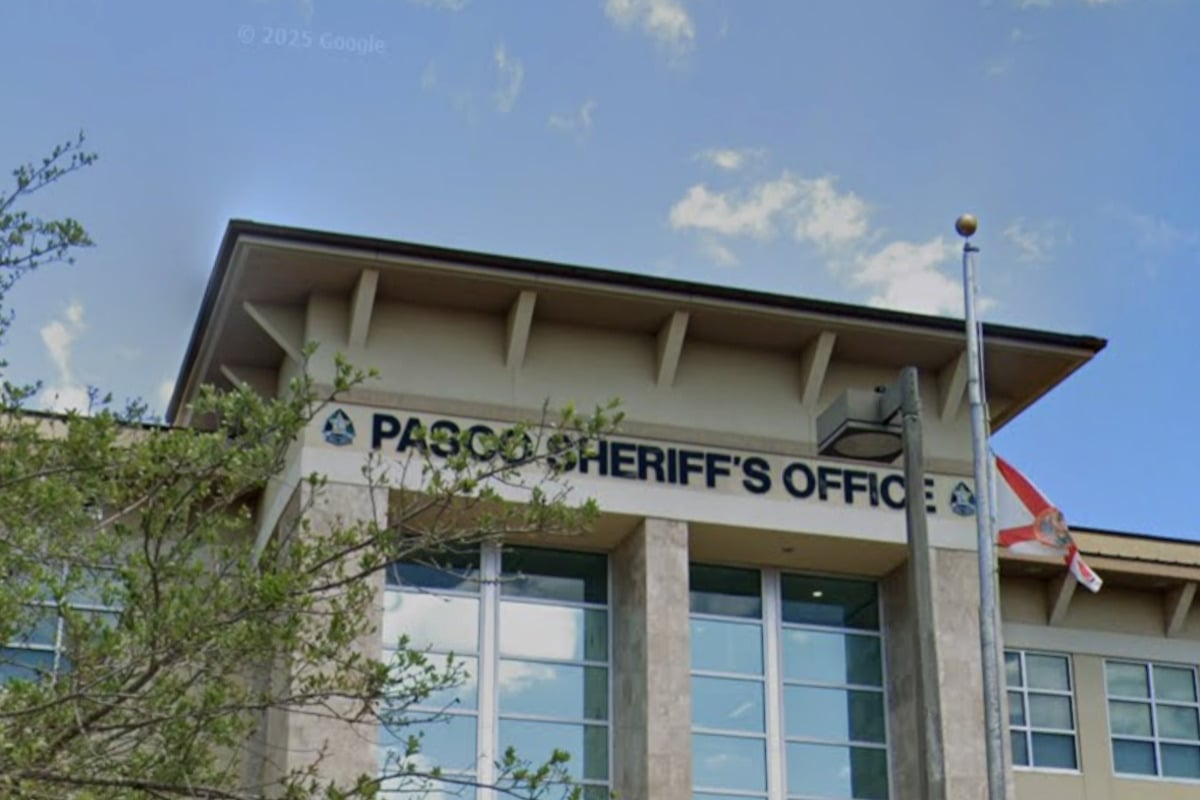UPDATE: In a provocative statement, journalist Mehdi Hasan asserts that if Christians can ring church bells, then Muslims should have the right to broadcast the call to prayer from mosques. His remarks come amidst ongoing debates in the U.K. regarding noise regulations surrounding the Adhan, which is traditionally broadcast five times a day, often starting as early as 5 a.m.
Hasan’s comments challenge the double standards often cited in discussions about religious freedoms. He argues that if Christian practices are accepted, then similar allowances should be made for Islamic traditions. “If you can have your church bell, we can have our Islamic prayer call,” Hasan stated in a recent broadcast, prompting both support and backlash online.
The issue has gained traction in the U.K., where local councils have imposed noise restrictions on the calls, sparking complaints from residents about early morning broadcasts. The first Adhan is called before sunrise, followed by subsequent calls throughout the day, leading to tensions in communities where these broadcasts occur.
Further complicating the conversation, the Vatican recently announced the installation of a Muslim prayer room to accommodate visiting scholars. This initiative raises questions about the reciprocation of such gestures within Islamic communities, especially as some critics point out the perceived inequalities in how different faiths are treated in public spaces.
Critics of Hasan’s stance argue that the Adhan is not equivalent to church bells, claiming it represents a statement of religious dominance rather than a mere call to worship. This has fueled heated debates online, with many expressing concerns about the potential for increased tension between religious groups.
In a related political context, U.S. Representative Chip Roy has introduced the “Preserving a Sharia-Free America Act,” highlighting fears of increasing Islamic influence in American society. This legislation is backed by the Freedom Caucus, indicating a growing political movement focused on limiting Islamic practices within the U.S.
As these discussions unfold, the implications for interfaith relations and societal harmony are significant. The urgency surrounding this issue is palpable, as communities grapple with the balance between respecting individual religious practices and maintaining social order.
Next, all eyes will be on upcoming local council meetings in the U.K. where further regulations on the call to prayer may be discussed. The outcome could set a precedent for how religious expressions are managed in public spaces moving forward.
Stay tuned for more updates on this developing story as it resonates across religious and cultural landscapes globally.







